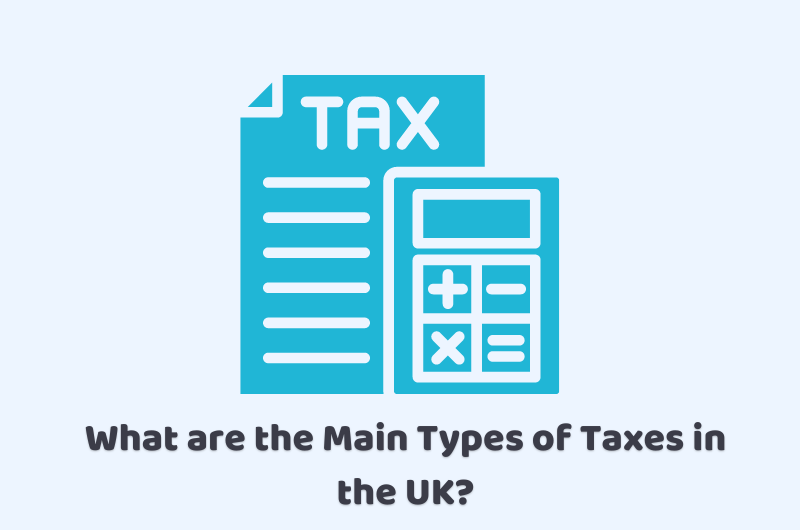31/01/2024tax , Tax Issues , Tax News and Tips , Tax Saving Tips , Taxation
The rules surrounding stamp duty on gifted property in the UK can be complex, with different rates of tax applying to different types and values of property. One area where stamp duty can be particularly complex is in the transfer of property as a gift. In this instance, the rules surrounding stamp duty can be …
Read more





